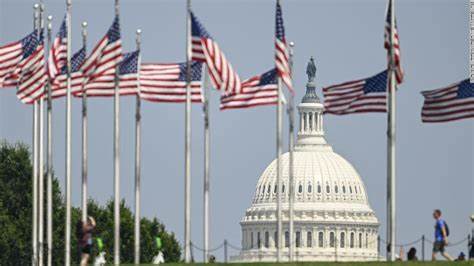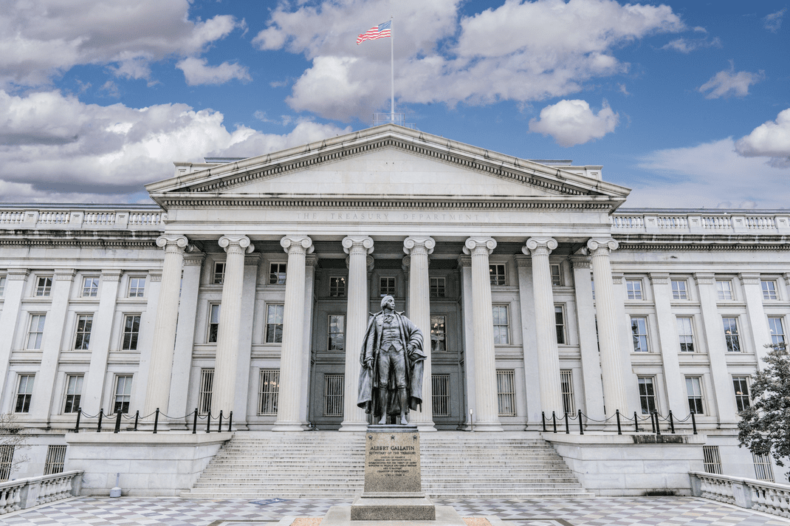On Tuesday, the credit rating agency Fitch downgraded the US government’s top credit rating, citing anticipated fiscal deterioration in the coming three years and an increasing burden of general government debt. The rating has been downgraded to AA+ from AAA. Interestingly, the downgrade comes after an agreement was settled between the Republicans and Democrats to lift the ceiling of government borrowing.
US Treasury Secretary Janet Yellen disagreed with Fitch’s downgrade, labeling the credit rating as “arbitrary” and founded on outdated data.
Credit Rating Downgrade meaning
In short, a credit rating downgrade is like receiving a lower score on your financial report card. It indicates that companies or governments are now considered more risky to lend money to because their financial situation has worsened, and there’s a higher chance they may struggle to repay their debts. The downgrade is based on assessments by credit rating agencies that evaluate the ability to repay debts and manage financial obligations.

Reason for downgrade by Fitch:
Erosion of Governance: According to Fitch, the United States has experienced a continuous decline in governance standards over the past two decades, particularly concerning fiscal and debt-related issues
Rising General Government Deficits: Fitch predicts that the general government deficit in the United States will increase to 6.3% of the GDP in 2024, compared to 3.7% in 2022. This rise is due to factors such as weaker federal revenues due to economic cycles, the implementation of new spending initiatives, and a higher burden of interest payments.
General Government Debt to Rise: Fitch highlighted that due to lower deficits and strong nominal GDP growth, the debt-to-GDP ratio in the US has decreased over the past two years from its peak of 122.3% in 2020, which was a consequence of the pandemic. However, the rating agency emphasized that despite this improvement, the current debt-to-GDP ratio stands at 112.9% in the present year, which is significantly higher than the pre-pandemic level of 100.1% recorded in 2019.
US Economy Likely To Slip into Recession: Fitch’s projections suggest that a combination of tighter credit conditions, declining business investment, and a slowdown in consumption will lead the US economy into a mild recession in the fourth quarter of 2024 and the first quarter of 2024. This indicates a period of economic contraction during those specific quarters.
Fed Tightening: Fitch anticipates one more interest rate hike, with rates increasing to a range of 5.5 percent to 5.75 percent by September. The rating agency points out that the economy’s resilience and the strength of the labor market are making it challenging for the Federal Reserve to achieve its goal of bringing inflation closer to its 2 percent target












